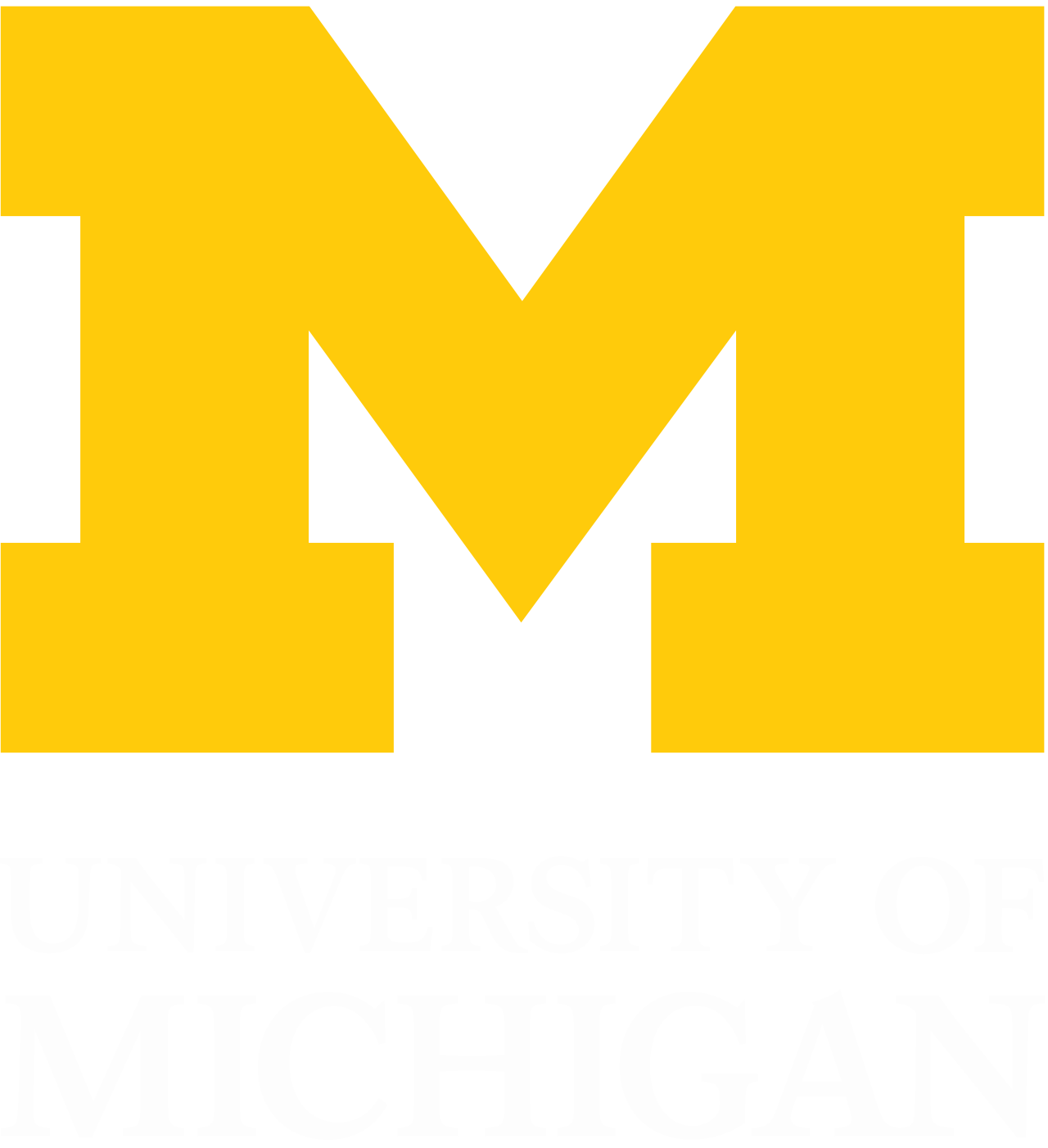Storm water runoff is the water resulting from rainfall and snow melt that is unable to infiltrate into the ground or the runoff from impermeable surfaces such as parking lots, sidewalks, roads, and rooftops. Nearly all storm water runoff discharges into surface waters–lakes, ponds, and streams–and is typically untreated. Storm water flowing over land can pick up contaminants such as pesticides, fertilizers, sediment, debris, oils, fuels, and coolants from cars. In addition, storm water runoff can cause soil erosion, sedimentation, and stream bank erosion, which can:
- Harm wildlife and their habitats
- Reduce access to recreational activities
- Cause:
- Flooding
- Algae blooms
- Increase the cost to:
- Repair damage caused by flooding and sediment deposits
- Rehabilitate lakes, ponds, and streams to restore wildlife and their habitats and recreational activities
Drinking water is taken from sources such as lakes, rivers, reservoirs, and groundwater; and the more polluted these waters are, the more difficult and costly it is to treat them to meet drinking water standards.
U-M Municipal Separate Storm Sewer System (MS4) Storm Water Discharge Permit
The State of Michigan issued U-M a MS4 Storm Water Discharge permit (NPDES Permit MI0053902) with specific requirements for a Storm Water Management Program Plan (SWMPP), which includes the following measures:
NOTE: If you are in design or construction at U-M, also refer to the Construction Projects, Environmental Considerations, page for additional storm water management policies at U-M.
| MEASURES | RESOURCES |
| Public education and outreach program(s) on storm water impacts | |
| Public involvement and participation |
|
| Illicit discharge elimination program for the campus | |
| Pollution prevention and good housekeeping practices for University Operations |
For More Information
For questions about the storm water permit or additional information on procedures and practices to minimize the discharge of pollutants from campus, contact Environment, Health & Safety, Environmental Protection & Permitting Program at (734) 647-1143.

